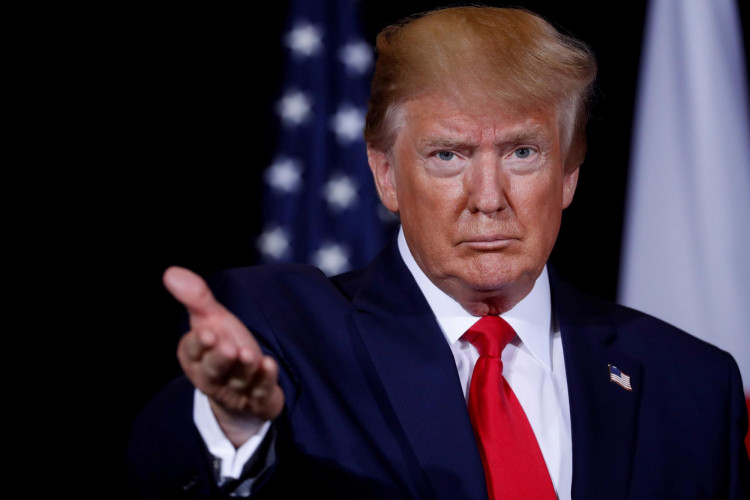United States President Donald Trump has approved a proposal to redeploy 9,500 military personnel from Germany, but the decision may lead to increased security worries and spending for American taxpayers, security experts warn.
US Secretary of Defense Mark Esper laid down some options to the commander in chief this week and what was approved not only complies with Trump's order, but also strengthen Russian deterrence, and reinforce NATO and allies.
According to Pentagon spokesperson Jonathan Hoffman, such a move will enhance US strategic flexibility and its European Command's operational options.
However, the proposal to reduce the number of American troops from Germany, where around 34,500 personnel are presently deployed, has been criticized by both Republican and Democratic policymakers as well as US allies in Europe.
Trump's approval would cut the number of US forces stationed in Germany to 25,000. The President has previously accused Germany of not contributing enough to the NATO alliance.
Pentagon officials did not give further information on where the soldiers might be reassigned or when that would take place. Last week, however, Trump disclosed that some troops would be deployed to Poland.
Hoffman stated the Pentagon would brief House members on the redeployment plans in the next few weeks and then consult NATO allies on the way forward.
Trump's decision has raised concern among the German military and lawmakers, including some NATO member states concerned over possible Russian expansionism.
Pentagon officials disclosed if the force reduction sets in motion, some of the forces could be deployed to former Eastern Bloc regions -- some on a permanent basis but largely in short-term shifts -- to send a message to Russia.
Fears of possible expansionism by Moscow grew in NATO allied states after Russia sent military forces in 2014 to take hold of the Crimea region from Ukraine.
US military officials said it is working on options with the European Command in consonance with the president's directive. Based on Poland's agreement with Washington, the US will set up a division base, a military training facility, a squadron of autonomous aircraft and buildings to support a US Army brigade that could rotate in and out of the country.
Trump has justified the military personnel cutbacks by claiming Germany does not invest enough in its own defense initiatives and is only taking advantage of American security.
Meanwhile, National Security adviser Robert O'Brien, one of the proponents of the proposed troop reduction, recently described the huge military installation in countries like Germany as an "obsolete relic" of the Cold War.






